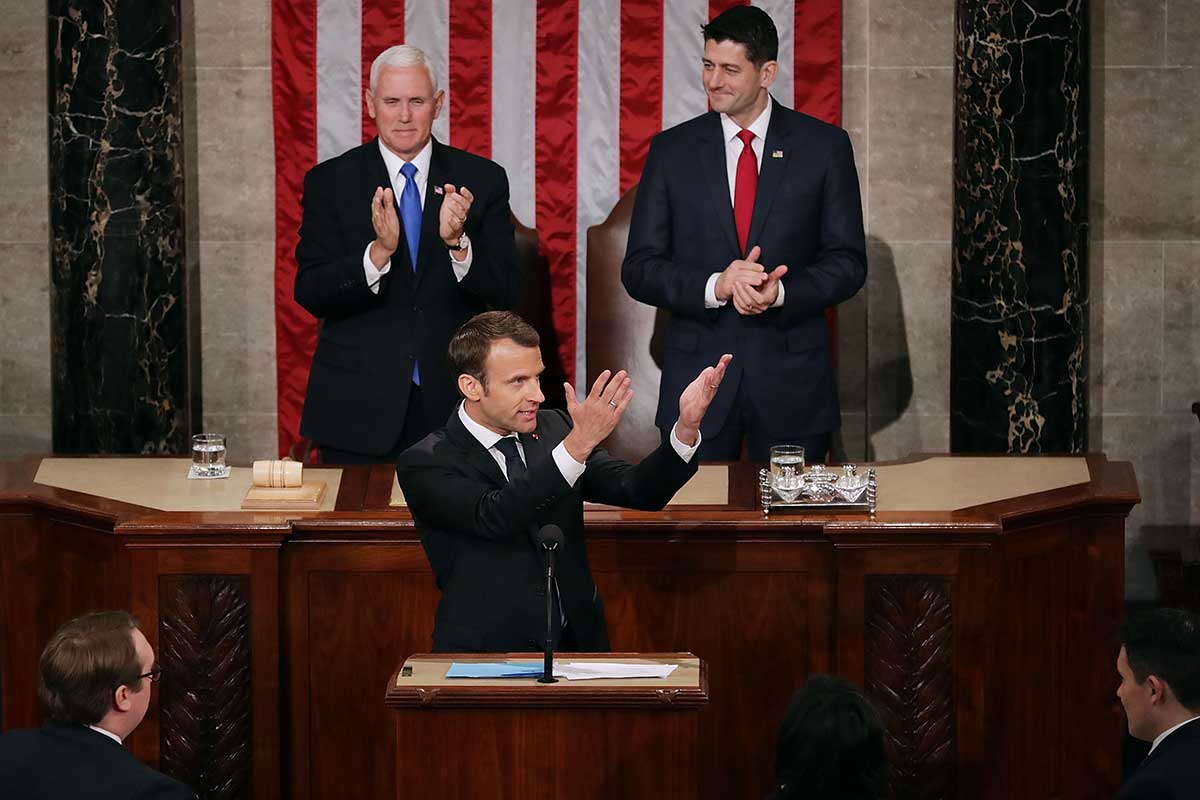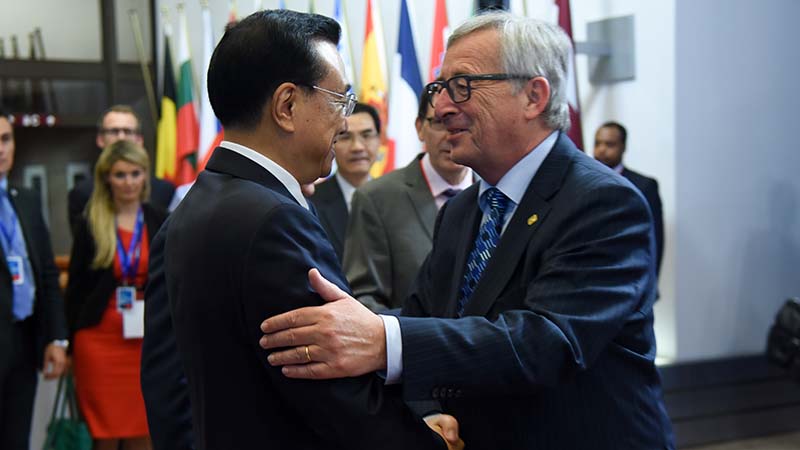
Climate Diplomacy
Ce este Climate Diplomacy ?
Schimbările climatice sunt o problemă globală și complexă care se manifestă diferit de la stat la stat printr-o varietate de medii regionale, culturale și socio-economice. Având în vedere natura globală a acestei probleme, guvernele și diplomații trebuie să aibă un cuvânt de spus în acest sens, să găsească un argument convingător, să creeze parteneriate între state și organizații globale pentru a conveni asupra reglementărilor și modalităților de combatere a acestei probleme. Pentru a ajunge la o înțelegere cuprinzătoare a caracteristicilor problemelor cu care se confruntă fiecare zonă și pentru a accelera acțiunile în acest sens, este necesar să se implice mai mulți actori relevanți în societățile lor, un dialog între regiuni pentru a face schimb de viziuni și a crea mai multe grupuri de interese. Parteneriatele bilaterale și multilaterale pot servi drept instrumente importante pentru depășirea barierelor.
An effective partner ship should include governments – with foreign ministries assuming a core role – as well as representatives of science, business and civil society. Adelphi, Climate diplomacy- Reducing Risks for Security
Investing in low-carbon technologies is an opportunity for sustainable growth and economic growth. This requires international involvement, awareness and support for technology transfer. To mitigate the impact of climate change, the cooperation between countries is needed, and this involves strengthening the diplomatic network with focus on this issue.
Global climate change is a big risk for both developing and underdeveloped countries. Many fear that climate change will make it impossible for them to provide the necessary resources for the population.
Among the underdeveloped countries facing this problem is South Africa, which has declared that it is in a state of natural disaster, due to the drought in Cape Town, which threatens citizens with disruption of drinking water supplies.
Two of the most important threats that may compromise human security are drinking water (as we mentioned in the example of the current situation in Cape Town) and lack of food resources. Common foreign policies can support strengthening adaptation capacities and disaster preparedness.
Each continent, region and country are in different positions and the consequences of this change will be different and will have a social, political and economic impact. At the same time, their capabilities are different, Asia, Africa and the Middle East face different challenges.
Where is the link between Climate and Diplomacy?
Climate Diplomacy is a concept that involves geopolitical implications. When it comes to multilateral relations, in a global issue where only a few states are actively involved, diplomacy is the key that can unlock the dispute negotiation mechanism and initiate solutions.
Climate change is a global and complex issue that manifests differently from state to state through a variety of regional, cultural and socio-economic backgrounds.
Bilateral and multilateral partnerships can serve as significant tools for overcoming borders. Countries should find solutions and combat climate disasters TOGETHER
Global climate change is a big risk for both developing and least developed countries. Many fear that climate change will make it impossible for them to provide the necessary resources for the population. Among the underdeveloped countries facing this problem is South Africa, which has declared that it is in a state of natural disaster, due to the earth drought in Cape Town, which threatens citizens with disruption of drinking water supplies.
Common foreign policies can support strengthening adaptation capacities and disaster preparedness. Adaptation to climate change and humanitarian aid is needed.
Each continent, region and country are in different positions and the consequences of this change will be different and will have a social, political and economic impact. At the same time, their capabilities are different, Asia, Africa and the Middle East face different challenges.
“Let us face it: There is no planet B.” said Macron in front of the US Congress
Macron in his visit to United States of America this year, urged Trump to keep the US in the Iran nuclear deal, predicted that America would rejoin the Paris Climate Accord and warned against the dangers of nationalism.
Will this Climate Agreement continue with or without United States? They cannot withdrawal until 2020. Trump will last as president till the end of 2019.
Which is the purpose of this Agreement? Will this support also the businesses in this area? There are many questions.


The statement, signed by European Council president Donald Tusk, European Commission president Jean-Claude Juncker and Chinese premier Li Keqiang, also included:
- An agreement to release long-term strategies for their low carbon development by 2020
- Agreement to step up their efforts before 2020;
- “Triangular” cooperation with developing countries to increase their capacity to combat climate change and build clean energy;
- A commitment to exchange knowledge on clean energy and explore the development of interconnecting networks;
Adelphi conducted an in-depth analysis jointly with players of German and international climate diplomacy
To address the knowledge gap at the nexus of urbanization, global governance and climate change politics, the German Foreign Office sponsored a workshop with leading thinkers and practitioners. Its recommendations and their implications were published in the report “Urbanization and Climate diplomacy”.
KEY MESSAGES
KEY RECOMMENDATIONS

“Climate change is among the key challenges facing the international community. The impacts of climate change on peace and security are already tangible and will become increasingly evident in the yearsto come.” PETER WITTIG, Permanent Representative of Germany to the United Nations, July 2011
A new climate for peace- G7 take action
The Group of 7 has been at the forefront of putting climate-fragility risks on the global agenda.
The aim of the report A new Climate for Peace was examine the links between climate change and fragility, and what role foreign policy can should play in order to address these challenges.



